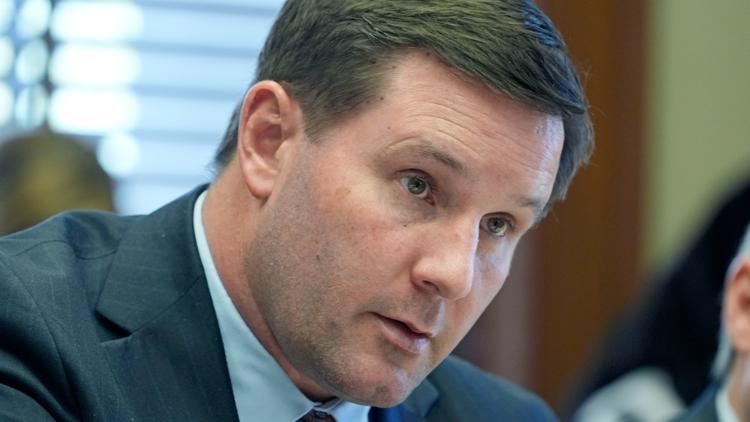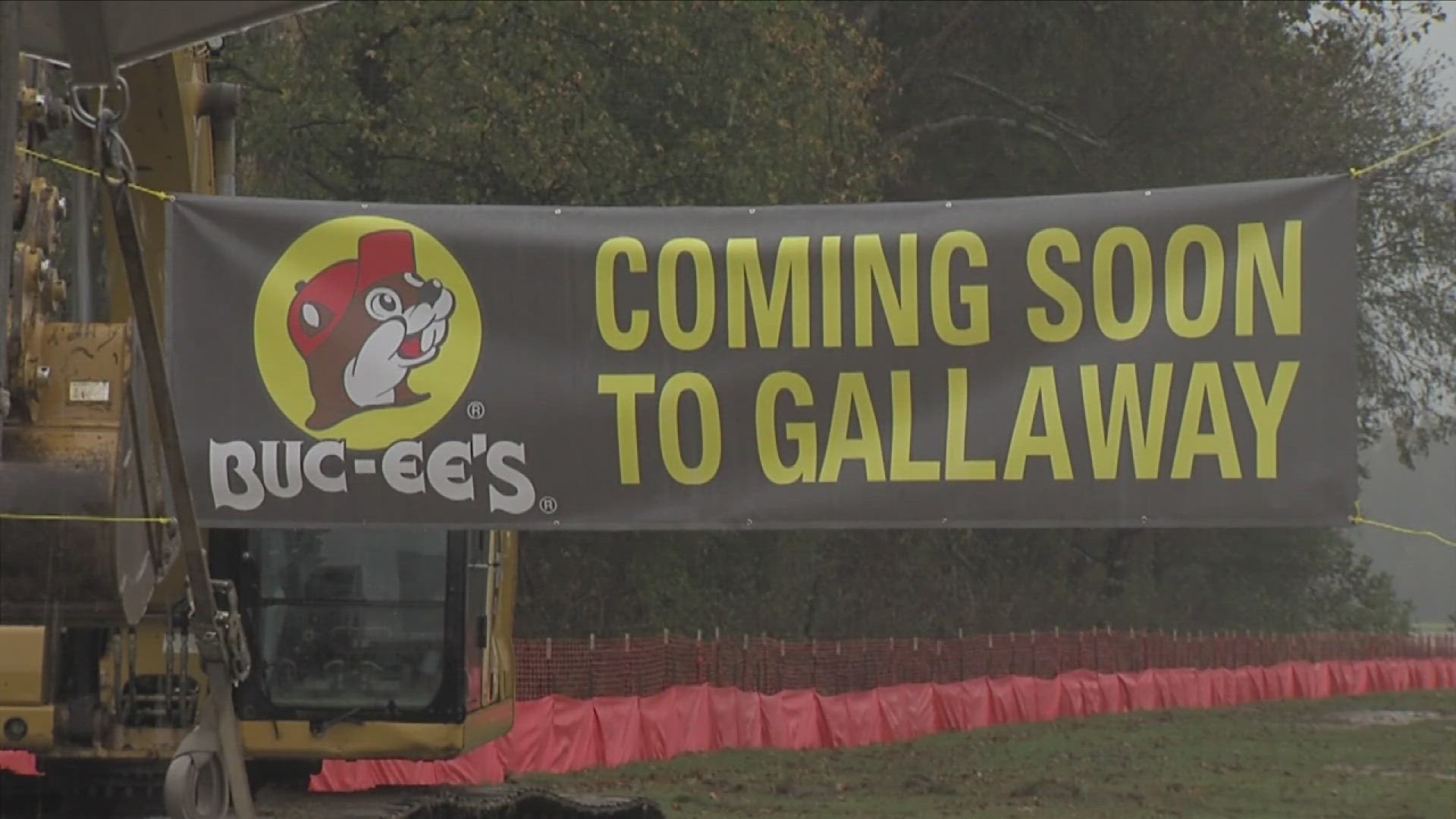JACKSON, Tenn. — Mississippi lawmakers could consider a comprehensive proposal next year to make the state's tax system fairer and more efficient, a state House leader said Wednesday.
Ways and Means Committee Chairman Trey Lamar said he joins other top Republicans, including House Speaker Jason White and Gov. Tate Reeves, in continuing to advocate for eventually erasing the state's income tax.
Mississippi is reducing its personal income tax under a law Reeves signed in 2022. Efforts to completely phase out the tax fell short in 2023 and never gained traction during this year's legislative session.
“I've been on the record more times than I can count over the last five or six years,” Lamar said Wednesday at the Capitol. “Eliminating the tax on work in the state of Mississippi is our goal — and how we can do that responsibly and in as quick a time as we can.”
Lamar and Republican Rep. Scott Bounds are leading a bipartisan group of House members that White appointed to examine Mississippi taxes.
Republican Lt. Gov. Delbert Hosemann has appointed a bipartisan Senate committee to study taxes and other financial issues.
During a meeting of the House committee on Wednesday, members heard from the mayors of Ocean Springs, population 19,500; Macon, population 2,600; and Louisville, population 6,500. All said their biggest budget challenge is paying for infrastructure such as roads and sewer lines. The mayor of Flora, population 1,647, said the priority is paying for police and fire protection.
All four mayors said their cities depend on revenue from the sales tax, which is 7% for most items, and the use tax, which is 7% for most items shipped in from out of state. Cities receive a portion of the money collected from each of those taxes.
Revenue from the use tax is directed to infrastructure projects, and counties also receive a portion of it.
Macon Mayor Buz McGuire said his city needs more flexibility to be able to pay for crumbling sidewalks that are decades old.
“They're just in pretty rough shape,” McGuire said.
Lamar told reporters after the meeting that lawmakers could consider allowing more flexibility for how cities and counties can spend revenue from the use tax.
“If a city attorney somewhere is being extra cautious and saying that the city can't pave the courthouse parking lot, then we're certainly open to looking at that,” Lamar said. “But it needs to stay at public infrastructure.”
Ocean Springs Mayor Kenny Holloway said that while his city has a strong local tax base, it has significant expenses to maintain older sewer pipes, sidewalks and roads.



